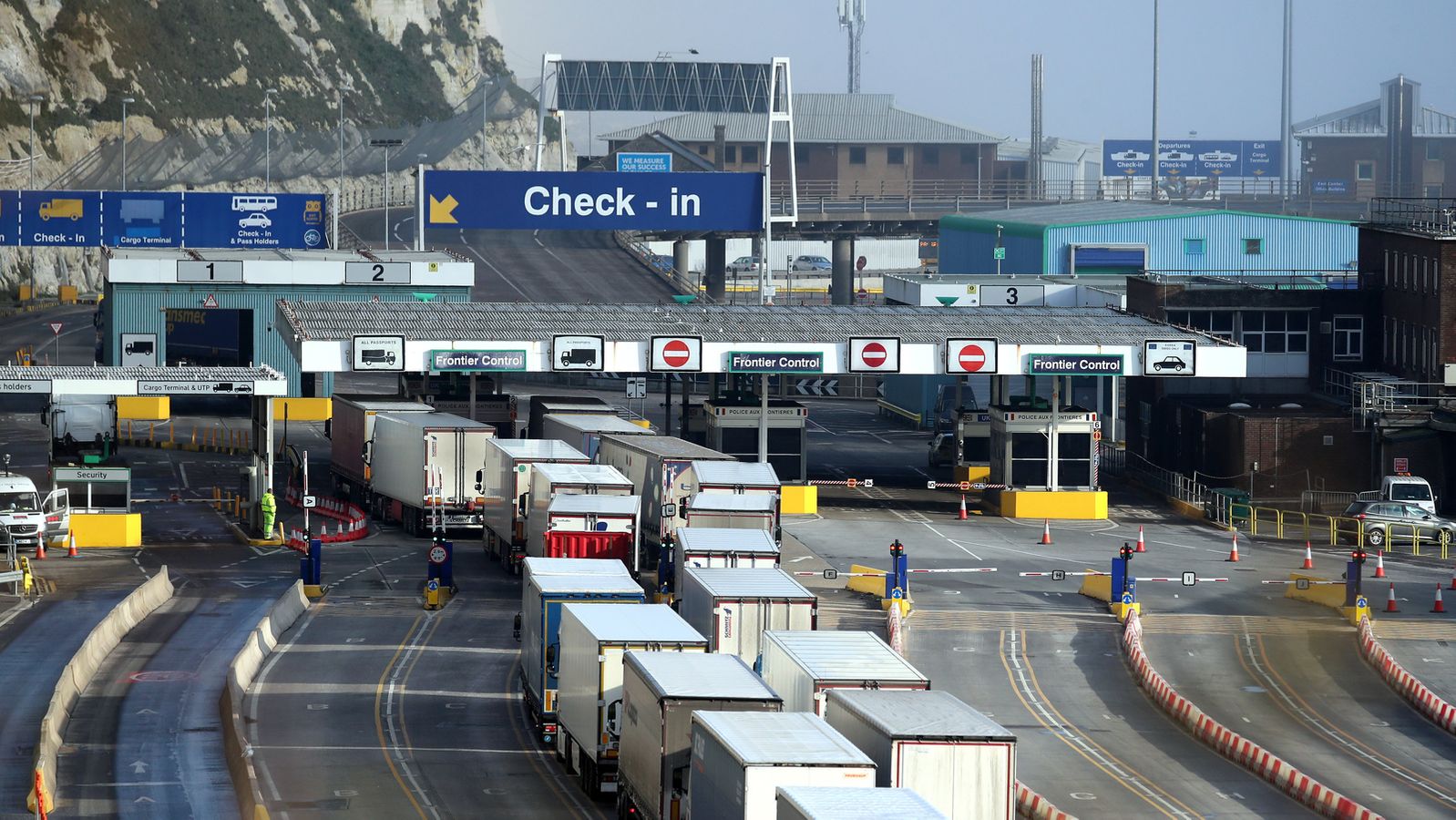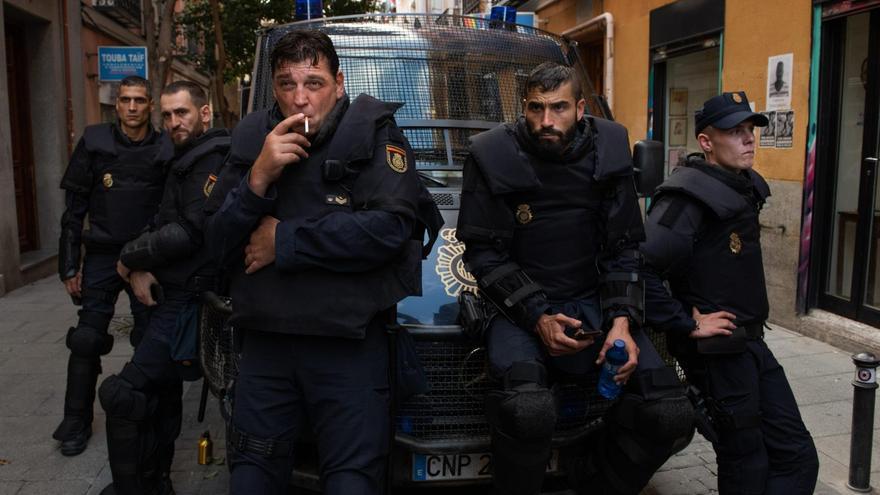There is a lot going on in the courtyard of the shipping company. Forklifts drive back and forth, boxes are loaded. Rob Holliman stands in the middle and sees that everything works. His company “Youngs” has been transporting goods such as food or tool parts from A to B for 50 years. Here in the warehouse, his employees still have enough to do. Holliman has another concern: he won’t find any more drivers.
That has mainly to do with Brexit, explains the boss: “Many of my drivers are unsure whether they are still welcome here. No matter how much they encourage them. Many have returned to their homeland – and some are no longer coming back.”
According to the industry association, 50,000 drivers are missing
For decades, British logistics companies have hired drivers from the EU. But since Brexit, driver Nicu has confirmed that they have no longer wanted to go to the island: “I have friends who no longer want to work in Great Britain”.
About 50,000 drivers are missing, says the Association of Forwarding Companies. Too few drivers, too much bureaucracy – the British logistics industry has been relentlessly feeling for months what Brexit really means.
Rod McKenzie has warned the British government of precisely these consequences: “Drivers from the EU just don’t feel welcome since Brexit. We have always been an island people, but now we are more than ever.”
The biggest problem are the bureaucratic hurdles – with every delivery. “There are countless forms. There are no longer any open borders to Europe. The job has become more difficult.”
Freight forwarders can no longer deliver orders
McKenzie has been advocating the interests of the trucking industry for years. He is in regular contact with companies and drivers. Right now he is primarily concerned with damage limitation. Because the danger is holes in the supply chain. “Last week a large company had to park 80 trucks because they couldn’t find a driver,” he says. “So they could not fulfill their orders and deliveries. The concrete consequence are bottlenecks somewhere in the supply chain.”
So far, this has mainly been felt by the freight forwarding companies. The smaller they are, the harder. Clive Mills used to drive stage elements for major pop bands across Europe. He owned 16 trucks and vans and employed drivers from the EU. Today he is alone. He and a friend secure a fishing boat in the back of a truck that he will later have to drive to Wales.
Of course, Brexit ruined his business, Mills annoys: “Have a look around … except for me there’s nothing left of it. I could place an ad and, with a little luck, find a driver. But if he wants to do that to himself, probably not. “
There is also a shortage of EU workers in other sectors
The labor shortage is also noticeable in Clive’s neighborhood: farmers lack the harvest workers. Fisherman friends can no longer get their goods into the EU.
Mills now only has smaller jobs left on the island. He thinks nostalgically of the hundreds of thousands of kilometers that he has rolled across the EU. Driving trucks is his passion.
But since Brexit, there has been no perspective. “Would I shut down my company? I’m at an age at which I don’t really have to do this anymore. And yes: I’ve closed part of the company. Not entirely – but I’m playing with the idea.” A thought that has preoccupied many entrepreneurs in the UK since Brexit.
–


